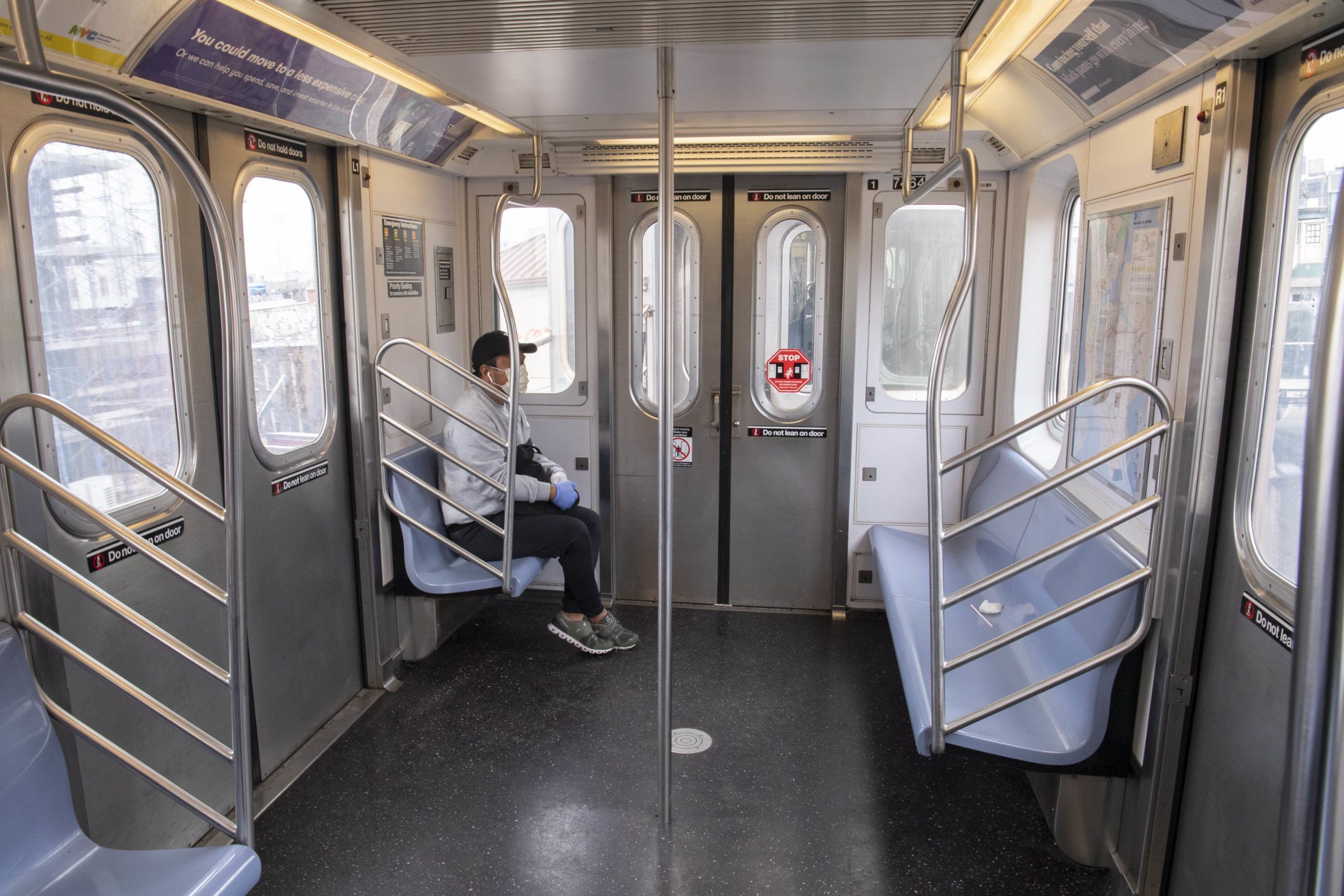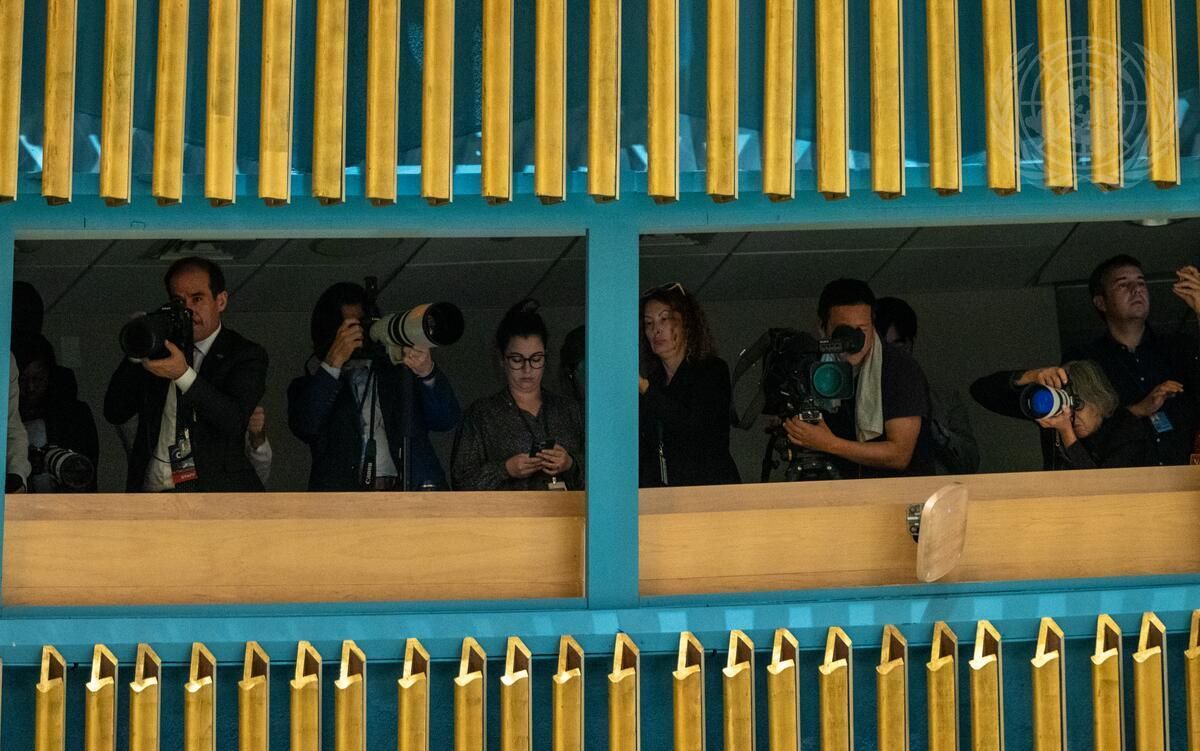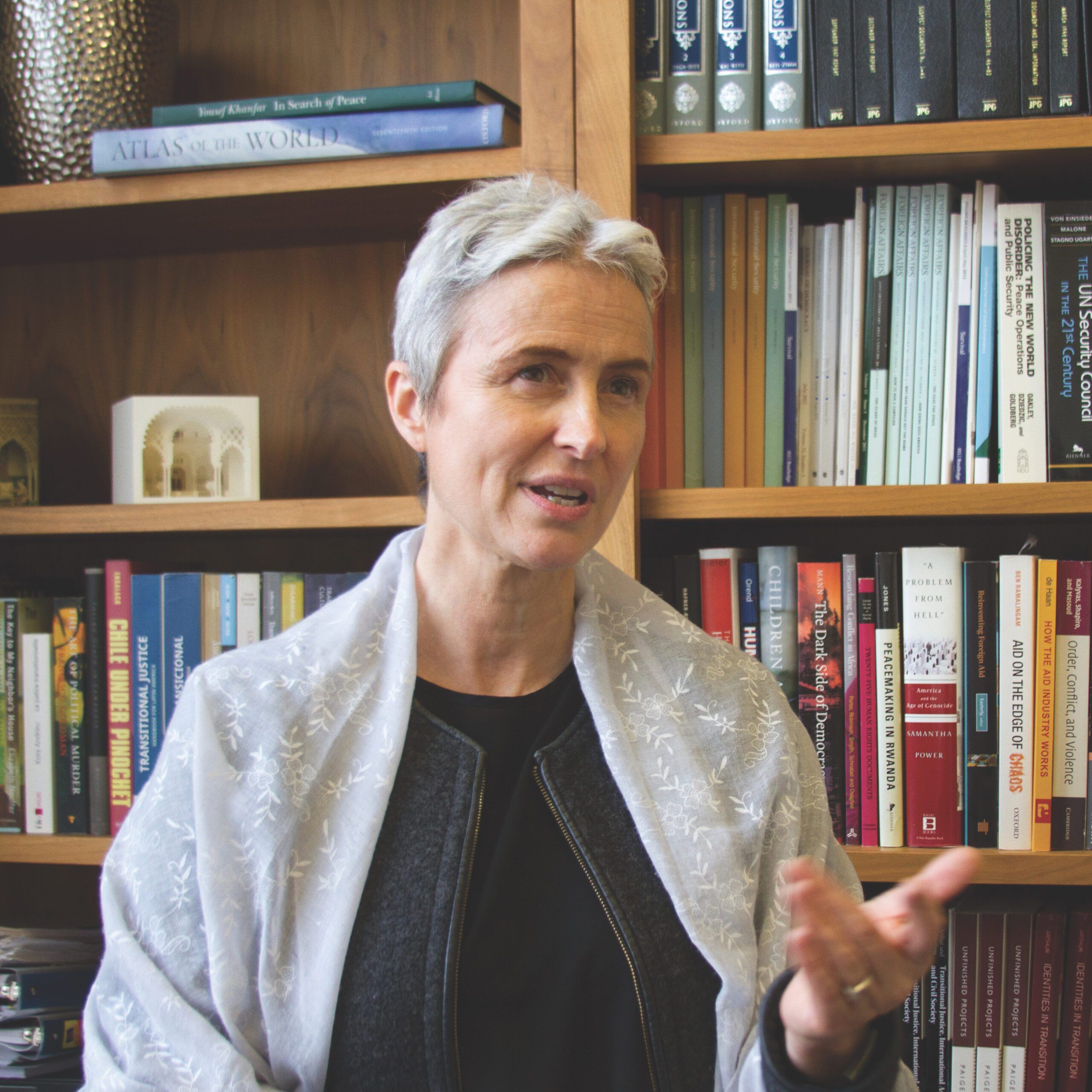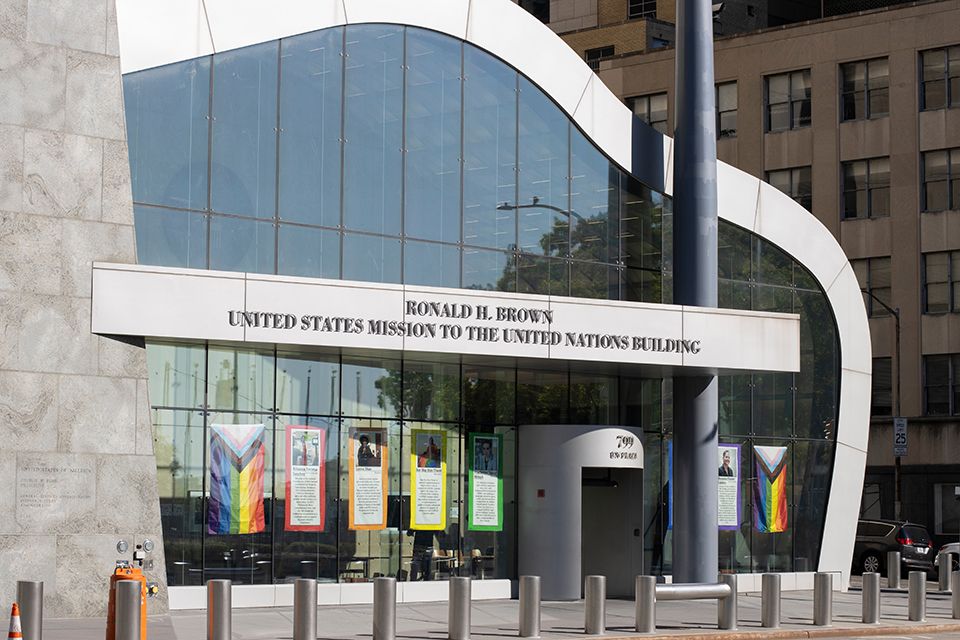
Array
(
[thumbnail] => https://s42831.pcdn.co/wp-content/uploads/2020/03/covid_nyc_2-min-150x150.jpeg.optimal.jpeg
[thumbnail-width] => 150
[thumbnail-height] => 150
[medium] => https://s42831.pcdn.co/wp-content/uploads/2020/03/covid_nyc_2-min-300x200.jpeg.optimal.jpeg
[medium-width] => 300
[medium-height] => 200
[medium_large] => https://s42831.pcdn.co/wp-content/uploads/2020/03/covid_nyc_2-min-768x512.jpeg.optimal.jpeg
[medium_large-width] => 768
[medium_large-height] => 512
[large] => https://s42831.pcdn.co/wp-content/uploads/2020/03/covid_nyc_2-min-1024x683.jpeg.optimal.jpeg
[large-width] => 1024
[large-height] => 683
[1536x1536] => https://s42831.pcdn.co/wp-content/uploads/2020/03/covid_nyc_2-min-1536x1024.jpeg.optimal.jpeg
[1536x1536-width] => 1536
[1536x1536-height] => 1024
[2048x2048] => https://s42831.pcdn.co/wp-content/uploads/2020/03/covid_nyc_2-min-2048x1365.jpeg.optimal.jpeg
[2048x2048-width] => 2048
[2048x2048-height] => 1365
[gform-image-choice-sm] => https://s42831.pcdn.co/wp-content/uploads/2020/03/covid_nyc_2-min-scaled.jpeg.optimal.jpeg
[gform-image-choice-sm-width] => 300
[gform-image-choice-sm-height] => 200
[gform-image-choice-md] => https://s42831.pcdn.co/wp-content/uploads/2020/03/covid_nyc_2-min-scaled.jpeg.optimal.jpeg
[gform-image-choice-md-width] => 400
[gform-image-choice-md-height] => 267
[gform-image-choice-lg] => https://s42831.pcdn.co/wp-content/uploads/2020/03/covid_nyc_2-min-scaled.jpeg.optimal.jpeg
[gform-image-choice-lg-width] => 600
[gform-image-choice-lg-height] => 400
)
Building Back Better in the Response to COVID–19: Action on Political Cohesion, Climate Change, and Inequality
A neighbor in her seventies or eighties paused last week when she saw my husband playing in the garden with our four-year old daughter, in the lockdown we now face. She told him that she was on her way to have her one daily cigarette—no doubt medically inadvisable, but why not have a small pleasure now?—and that she was thinking about how the world had changed with “the virus.” And then she said, “you know, I think that there are birds chirping now in Beijing, people can breathe the air better in Rome and Madrid. Maybe this virus was sent to solve for us the problems we are not able to solve ourselves.”
The coronavirus is the largest challenge most of us have faced in our lifetimes. It will cause untold human suffering, more so without effective government and societal responses, and it is right that all our effort now goes into the immediate response. But it is also worth asking how we might ensure the response makes us stronger, not weaker, going forward.
In natural disasters, technical experts two decades ago adopted the slogan “building back better.” At first, they meant the phrase literally: for example, adopt and enforce engineering standards for buildings, so that schools do not collapse in the next earthquake to come. But then people who work to help societies survive and thrive after conflicts, of whom I am one, adapted the idea to apply to institutions. Build back not the states that existed before the conflict in places like Liberia or Colombia, since they were often the source of the conflict to begin with—instead, build back states that deliver better to their citizens, that are less corrupt, less unequal. We also started to think about how responses during a conflict could lay the groundwork to build back better afterwards.
Together, we will come through COVID–19. But the reality is that the world was in bad shape before the coronavirus, and not only in conflict-affected countries. Political and social polarization was at a high; climate change seemed like an insuperable obstacle; inequality was running rampant and creating new tensions. And this crisis is not a one-off event: pandemics and natural disasters will almost undoubtedly occur with more frequency in the rest of this century.
Here are three clusters of ideas, aimed mostly at the high and middle-income societies where COVID–19 is now most pronounced, on how to make our response now contribute to “building back better.”
The first is about social and political unity. We have seen a period of immense divisions. Now we see the irrelevance of borders and barriers, both international and internal, and have an opportunity to think about solidarity. One lesson from conflict is that recovery depends on trust between citizens and the state. The state makes a mistake if it tries to deliver reconstruction and recovery alone: this creates a culture of passive “wait and see,” among citizens, and of complaint when services are not delivered. It fails to harness their own energies for participating in relief and reconstruction efforts.
In the face of this new pandemic, national, regional, and local authorities can therefore think about how to mobilize citizens to help, despite the demands of social distancing. Some ways of doing this might include community drives to drop groceries off for the elderly living alone, or to make daily phone calls to check on them and keep their spirits high; mobilizing communications workers, working from home, to design more effective campaigns on how to adapt behavior and coping strategies (as my colleagues David Steven and Alex Evans have recommended); organizing mental health professionals to provide telephone counseling or financial advisers to explain evolving government and private sector help to those for whom household finances are now a major worry. It would be worth considering releasing additional national government funds to local community councils to take the actions they deem fit, in line with programs already in place in Indonesia and elsewhere.
A second area is climate change. As the neighbor who came past us noted, the immediate effect of the crisis is favorable to the climate agenda. But we could make this a much more seismic shift in our response. This is a time for creative thinking. Could we for instance use the passenger trains that are now running empty in many countries due to shelter-in-place regulations to transport food and household goods, for which demand has spiked?
The third issue is inequality. The coronavirus shows the limits of individual prosperity and savings: a collective problem has now affected the safety of everyone’s family and most people’s income. In the response, we need to acknowledge, for the first time in three decades in parts of the developed world, that there is such a thing as society: “we are in this together.” The wealthy need to offer up additional taxes to help heal their societies and strengthen universal health and social protection systems. By contrast, the stimulus programs currently being discussed need to go first to the bottom 40 percent, next the middle 40 percent: not to those at the top who can weather this crisis much better, no matter how it affects the stock market portfolio or bonus system. During the pandemic, many of the frontline workers who are helping the rest of us get through this are in the gig economy—people working in food delivery, for example. We should see how the gig platforms themselves can be used to extend health and social protection services to those workers, who need it the most.
In the response to COVID–19, we have already seen a lot of spontaneous, beautiful citizen actions—from Italians singing on their balconies to New Yorkers forming mutual aid networks to help their elderly neighbors. We need to start now to ensure that we can “build back better,” acknowledging that this will not be the first pandemic or other global crisis this century. We need to lay the groundwork now to be better prepared for the next one.
Sarah Cliffe is the director of the Center on International Cooperation (CIC). CIC does not work on public health, but rather on the connections between political, security, and socio-economic issues in crisis situations. She and CIC Senior Fellow Ben Oppenheim are working to draw out more lessons from other crises to consider for the COVID–19 response. Many other CIC staff and fellows are at work analyzing different aspects of the crisis response, from fiscal compromises that foster equity, to protection of refugees and IDPs, to lessons of the Ebola response in DRC and the impact on the Afghanistan peace process.
Photo: A subway rider wears a mask and gloves in an otherwise empty subway car during the Coronavirus (COVID-19) outbreak in New York City, March 2020 (UNPhoto/Evan Schneider).
More Resources
-
-

Five Key Takeaways: Day 1 of the United Nations General Assembly 2023
-
Stay Connected
Subscribe to our newsletter and receive regular updates on our latest events, analysis, and resources.
"*" indicates required fields






